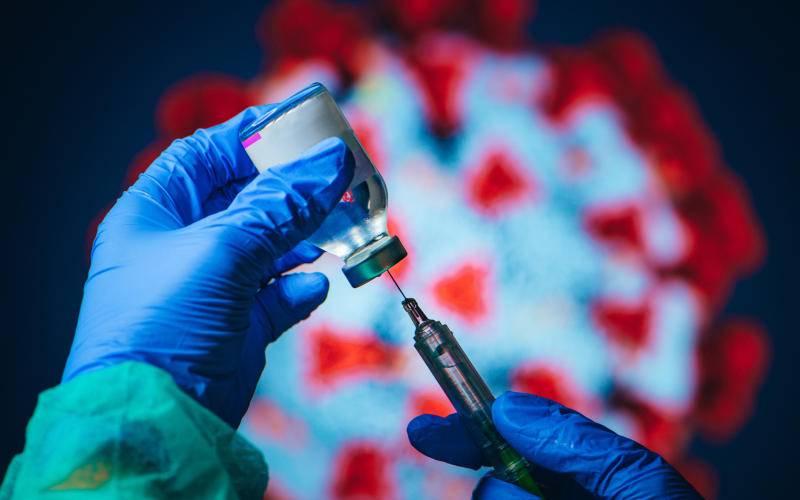×
The Standard e-Paper
Fearless, Trusted News

Ban on importation of Covid-19 vaccines by the government might threaten efforts to attain herd immunity against the coronavirus. This as cases of hospitalisation and fatality in the country rise.